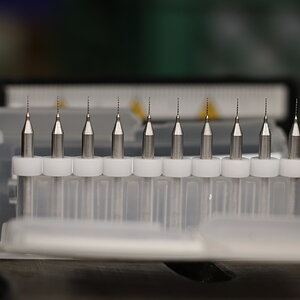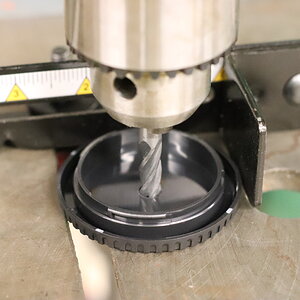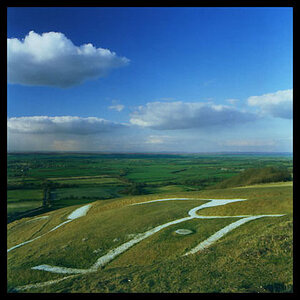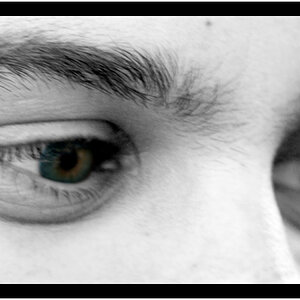rooky
TPF Noob!
- Joined
- Mar 28, 2008
- Messages
- 80
- Reaction score
- 0
- Can others edit my Photos
- Photos NOT OK to edit
I understand that a quality lens can go a long way in getting the most from your camera. thats one thing that I never really had a real handle on. can someone offer some good advice on what to look for when shopping for a good lens. always been a weak point of mine.
Thanks.
Thanks.






![[No title]](/data/xfmg/thumbnail/31/31037-35b917d9eb4d044981e83ac234757e09.jpg?1619734581)


![[No title]](/data/xfmg/thumbnail/37/37135-37494dce30fd59534347332f715b7f8c.jpg?1619737884)



![[No title]](/data/xfmg/thumbnail/37/37134-5a2bb173004bc7a08fdf2124814ebdc1.jpg?1619737884)